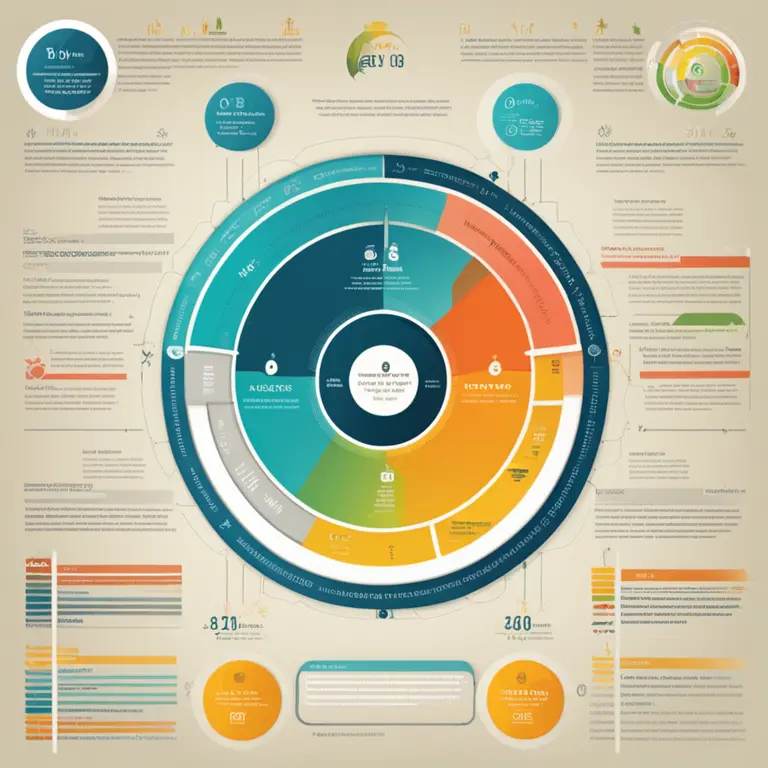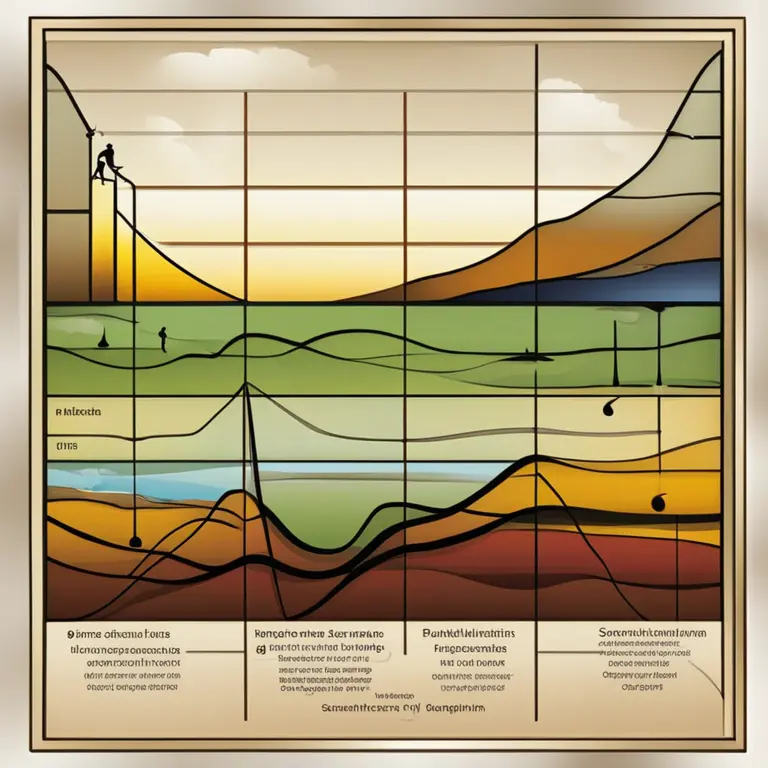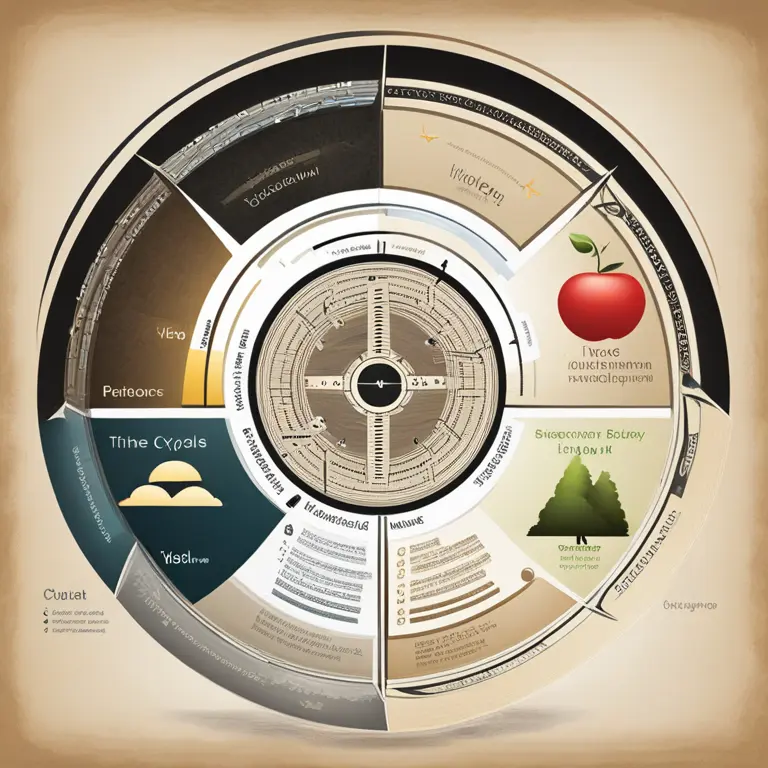
The Reality of Biorhythms: An Overview
Delve into the validity of biorhythms, analyzing scientific insights and their relevance in modern times. This article assesses whether these natural cycles truly influence our lives.
article by Adrian Wallace
Introduction to Biorhythms
Biorhythms are a concept that suggests humans have innate cycles affecting their physical, emotional, and intellectual well-being. The idea was popularized in the 20th century, with enthusiasts believing that understanding these cycles can improve a person's life. Critics, however, question the scientific credibility of biorhythms. In this article, we explore the latest research and opinions to determine if biorhythms have a real impact on our daily lives in the context of 2024 and beyond.

The Science Behind Biorhythms
Biorhythms are based on the notion that our lives are governed by rhythmic biological cycles. The theory breaks these down into three primary categories: the physical (23-day cycle), emotional (28-day cycle), and intellectual (33-day cycle). Advocates argue that tracking these cycles can predict periods of high performance or vulnerability. However, scientists question the legitimacy of these cycles, as empirical evidence supporting them remains sparse. Despite this, biorhythmic calculations have evolved with modern technology, giving this age-old concept a new lease on life.

Modern Applications and Technology
As technology advances, it enables the personalization of health and wellness plans, and some argue that biorhythms can contribute to this. Applications and programs that track personal cycles claim to help users in planning activities and managing energy levels. However, the scientific community emphasizes that correlation does not equal causation, and the placebo effect may significantly influence perceived benefits of following biorhythmic patterns.

Criticism and Skepticism in the Scientific Realm
The study of biorhythms has often been met with skepticism. Numerous studies have failed to show a consistent correlation between biorhythmic cycles and human performance or health outcomes. Critics point out that anecdotal evidence or testimonies are not sufficient to validate the existence of biorhythms. The subjective nature of self-reported improvements also complicates the ability to measure the impact of following biorhythmic charts objectively.

The Placebo Effect and Biorhythms
The power of belief should not be underestimated when considering the effects of biorhythms. The placebo effect—a beneficial consequence resulting from a person's expectation that an intervention will help—could explain why some individuals report positive experiences with biorhythms. This psychological factor can cause real physiological changes, which may validate someone's belief in their biorhythmic influences despite a lack of scientific backing.
The Future of Biorhythms
Looking ahead, we can expect that the intrigue surrounding biorhythms will endure, especially as the wellness industry continues to grow. Whether viewed as a pseudoscience or a neglected area of study, biorhythms encapsulate our desire to find patterns and predictability in life. Future research may provide deeper insights, but as of 2024, biorhythms remain a controversial topic lacking robust scientific endorsement.
Conclusion
In summary, the question of biorhythms' reality is complex. While they offer an alluring framework for understanding our physical and emotional fluctuations, scientific proof is still wanting. Even as sophisticated tools emerge to personalize our assessments of these cycles, the scientific community urges caution, reminding us to differentiate between evidence and belief. Ultimately, the real impact of biorhythms may be more psychological than physiological.
Published: 1/25/2024
Modified: 1/25/2024
More predictions
Come back here soon to learn more about yourself and your future


The Basis of Biorhythms: An Insight into Biological Cycles
Delve into the concept of biorhythms, the belief in rhythmic biological processes that purportedly influence human physiology and behavior.


The Basis of Biorhythms: Biological Cycles Explored
Delve into the foundations of biorhythms and discover how these natural cycles influence our daily lives and well-being.


The Biorhythm Debate: Effective Insight or Myth?
Discover the realities behind biorhythms, how they're calculated, and their impact on daily life. Can these biological cycles truly predict our physical, emotional, and intellectual states?